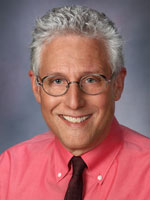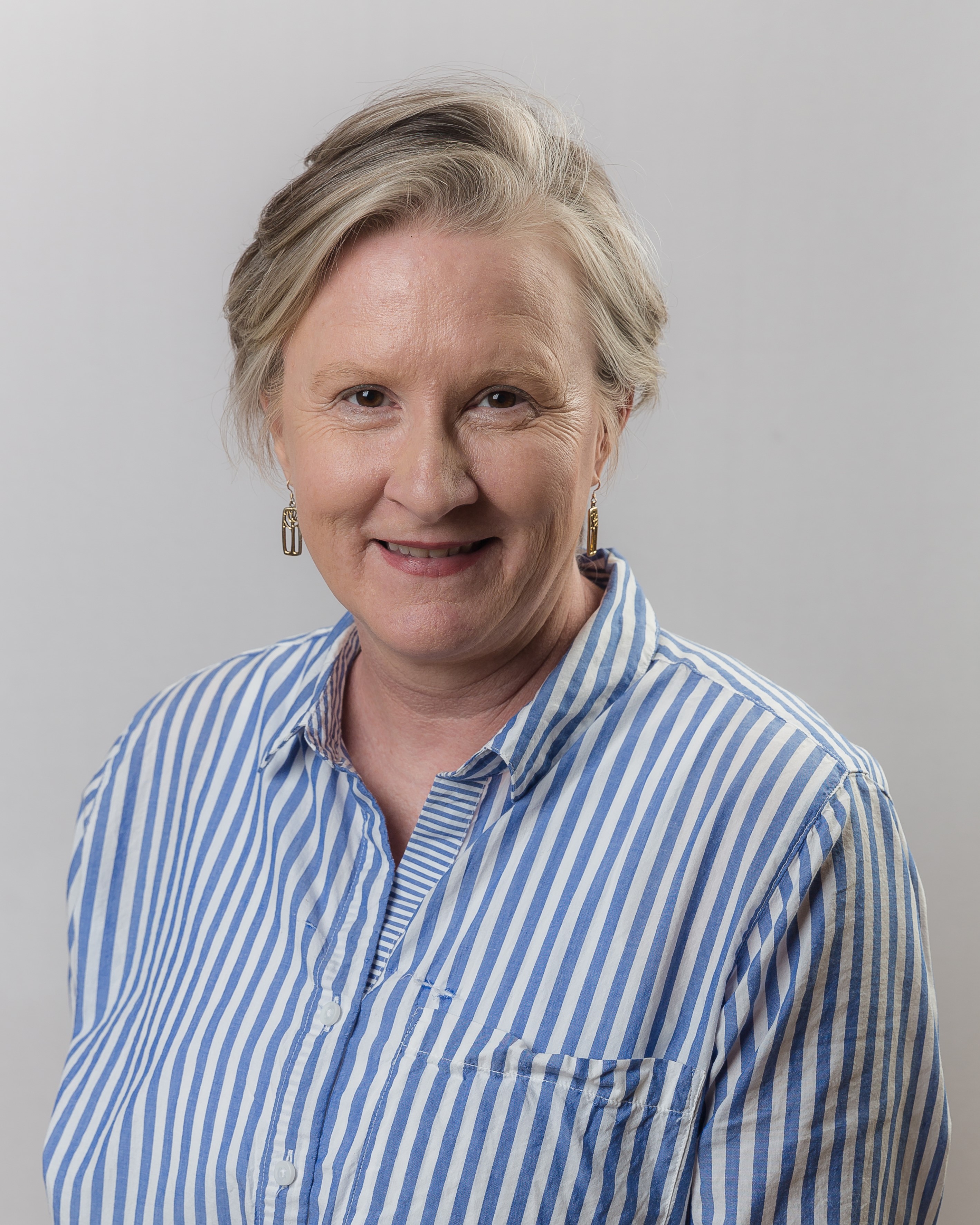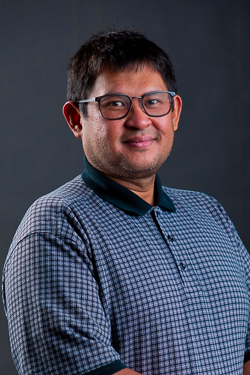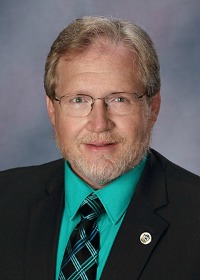NSF Discovery Research K-12 Grant
Project Purpose
Content-focused teacher professional development in science, specifically linked to using Next Generation Science Standards (NGSS), increases the academic achievement of all students. Most professional development opportunities provided to science teachers are offered through traditional face-to-face methods. In rural areas, accessing high-quality, relevant, face-to-face professional development can pose a challenge. We suggest that it is important to design professional development that effectively and economically brings teachers in isolated and geographically diverse rural communities together to improve science instruction.
Our project, an NSF Discovery Research K-12 awarded grant titled Developing the Science Comprehensive Online Learning Platform for Rural School Science Teacher Development, specifically targeted middle-school science teachers working in rural communities in Kansas. We developed an online professional development model and then assessed its effectiveness as compared to an aligned face-to-face professional development in supporting change in teacher conceptual understanding, self-efficacy in utilizing Next Generation Science Standards (NGSS), change in instructional practices, and student content learning, following participation in our matched professional developments and students’ instruction in an NGSS-aligned curriculum, Toward High School Biology.
Why This Matters
The US Department of Agriculture visually defines rural as “open countryside with population densities of less than 500 people per square mile and places with fewer than 2,500 people.” Currently, there are more than 9.3 million US children (e.g., one in five) attending rural schools. Of those 9.3 million rural children, one in six is living below the poverty line, one in seven qualify for special education services, and one in nine are from migrant families. Research in rural education in general, and STEM (science, technology, engineering, mathematics) in particular, often focuses on rural school challenges (decreased educational opportunities for students, inequitable funding, difficulty recruiting and retaining teachers). Yet, such deficit approaches to rurality fail to consider the unique strengths of rural communities upon which we can build strong STEM programming. Our project was founded on our prior work in rural communities with the goal to build networks of STEM educators across districts and distances, working collaboratively in virtual spaces to improve their knowledge and use of NGSS instructional practices through high-quality, effective online PD.
Project Design
Fort Hays State University serves students drawn from surrounding rural school districts and has devoted significant time and expertise into establishing online programs to meet their needs. Our institutional experience, through Teaching Innovation and Learning Technologies, currently provides expertise in developing, delivering, and measuring the effectiveness of online learning modalities, which then provides us with the needed infrastructure to develop and test the effectiveness of our online professional development.
Our logic model (see infographic below) provided guidance in developing our matched professional developments (face-to-face, online), beginning with job-embedded professional development (participants applying what they are learning about NGSS instructional practices to their work with their own students) using the Interactive, Constructive, Active, Passive (ICAP) framework which involves collaboration, feedback, and reflection. The ICAP framework suggests that learners must engage in learning that is interactive (co-creating new knowledge together), constructive (building models, drawing diagrams), active (examining objects, taking notes), and passive (listening to a lecture, watching a video). Teachers were then taught to use the Toward High School Biology curriculum which applies basic chemistry in understanding living and nonliving things. We generated two matched professional development settings (face-to-face, online).
Our outcomes, as described below, involved change in teacher content knowledge related to the curriculum, improved teacher self-efficacy in using NGSS instructional practices, change in instructional practice, which led to overall improved student content learning as related to the curriculum. Our hypothesis was that online professional development would be as effective as traditional face-to-face professional development in improving teachers NGSS aligned science instruction in ways that would positively impact student learning.
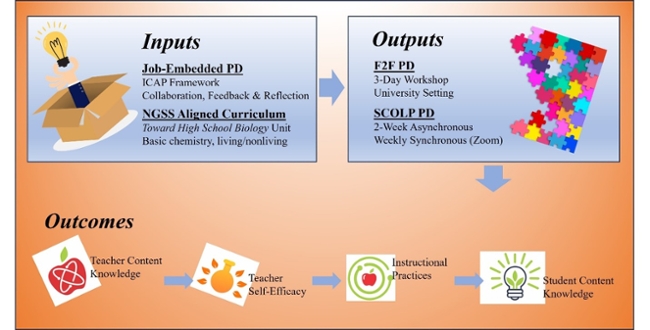
Project Outcomes
We recruited fifteen middle-school science teachers across rural settings in Kansas who were randomly assigned to a face-to-face or online professional development and then taught the Toward High School Biology curriculum for 2 years in a row. Each teacher group (face-to-face, online) demonstrated statistically significant growth in their content knowledge from pre- to post-study. Teacher self-efficacy measured three domains: student engagement, instructional practices, and NGSS practices. Growth for each teacher group (face-to-face, online) from pre- to post-study was found in student engagement and instructional practices with statistically significant growth found in using NGSS practices. Change in teachers’ instructional practices measured three domains: student centered instruction, relevance to students’ lives, and assessment. Growth for each teacher group (face-to-face, online) from pre- to post-study was found in relevance and assessment with statistically significant growth in student centeredness. Students of teachers in each group (face-to-face, online) demonstrated statistically significant growth for each year the curriculum was taught. Most importantly, there were no statistically significant differences between teacher conditions (face-to-face, online) for teacher or student outcome measures.
Overall, our hypothesis was supported: our online professional development was as effective as our traditional, face-to-face professional development in promoting growth in teacher content knowledge, growth in teacher self-efficacy related to using NGSS practices, change in instructional practices related to student centeredness, and overall growth in student content knowledge related to the curriculum unit. This is a powerful finding in supporting rural teacher professional development with implications to inform the research base on rural school education and online professional development building to support the fidelity of implementation of professional learning to the classroom.
Publications and News
- Developing the Science Comprehensive Online Learning Platform for Rural School Science Teacher Development
- Evaluating the Effectiveness of an Online Professional Development for Rural Middle-School Science Teachers
- Constructing Written Scientific Explanations: A Conceptual Analysis Supporting Diverse and Exceptional Middle-and High-School Students in Developing Science Disciplinary Literacy
Presentation:
- NSF DRK-12 Principal Investigator Meeting, Summer 2023
- Council for Exceptional Children Conference, Spring 2023
Project Team
Earl Legleiter
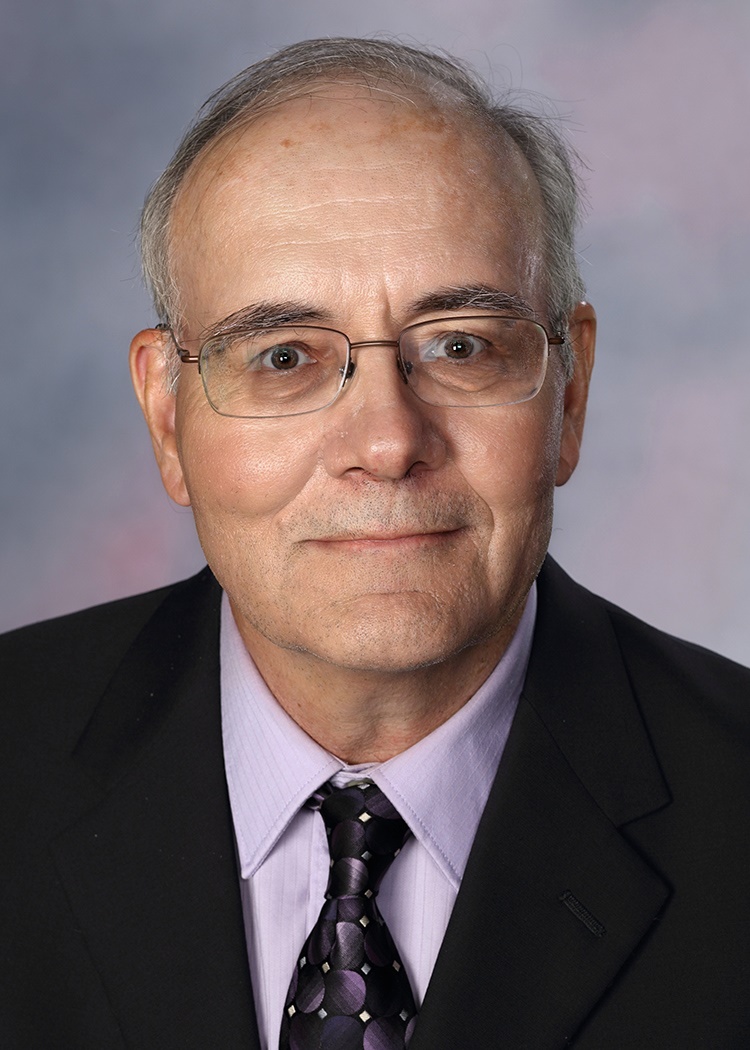
Project Co-Principal Investigator
Science & Mathematics Education Institute
eflegleiter@fhsu.edu
Dr. Andrew Feldstein
